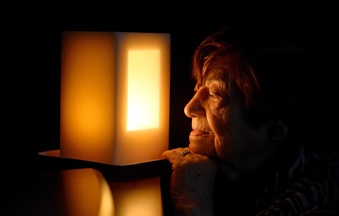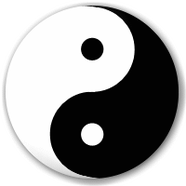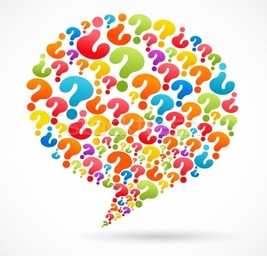 Ela Weissberg lights candle at HMD event. by courtesy of Evening Times
Ela Weissberg lights candle at HMD event. by courtesy of Evening Times Ela did not even realise she was Jewish before she was forced to wear a yellow star at the age of eight and then sent to Theresienstadt Concentration Camp at the age of eleven. There she performed the role of the cat in Hans Krasas children' s opera, Brundibar, which was used in a Nazi propaganda film to try to trick the world into believing Theresienstadt was a model village rather than a concentration camp. There were 55 performances and Ela is the only remaining survivor to have taken part in all of them. A very moving moment in the National Holocaust Event was when Ela joined the South Ayrshire Schools' Senior Choir to sing an excerpt from the opera. The sight of an old lady with such horrific memories but a wonderfully courageous and loving spirit alongside lovely young people with their lives ahead of them singing their hearts out together brought tears to many people's eyes.
The second visitor to Scotland who spoke at the national event was Hasan Hasanovitch, who lost his father and twin brother in the Srebrenica massacre. Following the assault on Srebrenica Hasan with several family members and thousands of other men and boys began ad 100 km. journey now known as ' The Column' or 'Death March' which lasted for six days. Hasan survived but his father, twin brother and uncle did not. The bodies of many of the people who were massacred have still not been recovered and the work of burying the dead still goes on twenty years after the event. Hasan like many Holocaust survivors keeps alive the memory of Srebrenica by telling of his experience.
Each year Holocaust Memorial Day reminds us of the depth of hatred, violence and horror that human beings can sink to. It is a shame, canker on our humanity though the stories of survival, courage and heroism also show us the indomitability of the human spirit and humanity at its best. The day is organised by the Holocaust Memorial Day Trust which was set up to keep alive memories of the Holocaust and subsequent genocides in the hope that atrocities such as these might never happen again. In its publications it sets out the path to genocide, the deliberate killing of a group of people simply because they are different and not ‘us’. The first step is “the difference between people is not respected. There is a division of us and them. This can be carried out through the use of stereotypes, or excluding people who are different”. How often have I heard, both in the work of ant-sectarianism and in discussions about Islamic radicalisation, of the need to break down this them/us mentality.
There's so much in life that contibutes to this mentality, religion being one of them. Religion gives a strong sense of identity that separates believers from non-believers, that delineates who belongs and who doesn't. All religions have at some point in their history excluded those they called heretics, punishing them and even at times killing them. Their impetus towards proselytisation has suggested that they want everyone to be 'us' and that the others are in error, even in danger of eternal damnation. This is scary considering that first step on the path to genocide. Of course identity is important and there will always be them and us. This is ok if we realise that we are not superior to them and if it goes hand in hand with respecting and appreciating difference. To do this of course we need to venture out from behind our own barricades and enter into the world of others to realise that in spite of differences we all belong to one human family. Interreligious Dialogue provides a great opportunity for this.





 RSS Feed
RSS Feed
